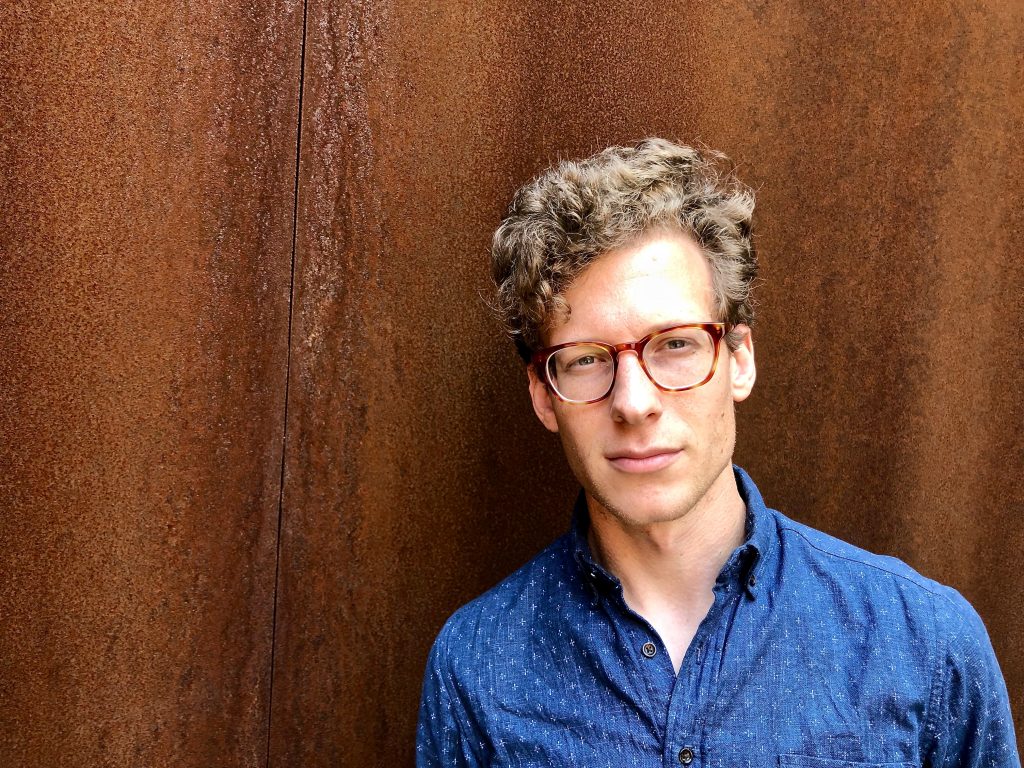The American university is not the exclusive site for knowledge production. Exceedingly obvious at its face, many accounts of the production and circulation of knowledge nevertheless foreground the contributions of scholars working at elite, research universities. The reason for this may be benign. Intellectual histories are more often than not disciplinary histories and disciplines have found their professionalized shape largely within the American university system. The trouble is that this aligns the sites and histories of knowledge-making with the exclusions and alignments of the American university throughout its history. In other words, this necessarily devalues the research of Black people, Indigenous people, people of color, women, queer people, and working people, as it also skews the worldmaking project of knowledge to serve the interests of capital and the state.
That there are ways to think about knowledge beyond higher education is not a novel insight. In considering the thought of W.E.B. Du Bois, Aldon Morris, for instance, describes these alternatives as “insurgent intellectual networks.” Defined in part by their exclusion from established forms of scholarly discourse, insurgent intellectual networks use “the donated resources and volunteer labor of activists to develop and validate counterhegemonic ideas; provide previously untrained students and others with the scholarly tools; create media designed to make this scholarship visible to both scholars and consumers of these ideas; and seize opportunities to challenge and replace dominant paradigms.” These alternatives are experimental, necessarily political, rely on distinctive modes of labor, and generate practices for learning in community. Located within them are present and historical forms of institutions and practices that snap the horizon of the distant otherwise into concrete relief. There are seemingly endless examples.
This ongoing series of essays on alternative institutions offers examples of institutions, gatherings, and imaginings and considers their ramifications for how we might think about study, thought, and learning now. In doing so, it simultaneously draws attention to the shape of a world beyond the university system at a variety of scales. The essays also offer new insights into how higher education functions in the present. The first essays published in this cluster are adapted from a roundtable session at the Modern Language Association conference on this topic and thus foreground literary studies.
Essays
Sarah Ehlers, “A Plan for Black Mountain College,” February 16, 2022
Andy Hines, “The Communist Community College,” February 16, 2022
Danica Savonick, “Literary Studies in Marginalized Spaces: The City College SEEK Program,” February 23, 2022
Yung-Hsing Wu, “Culture Clubs,” February 23, 2022
This series is open to others, especially those pursuing these questions in other (extra-/inter-) disciplines. Interested contributors should contact Andy Hines.

